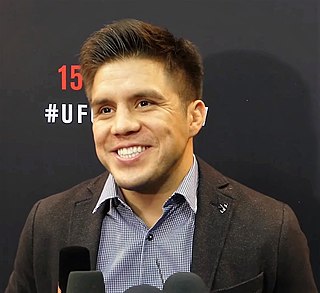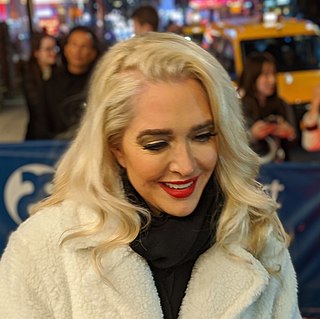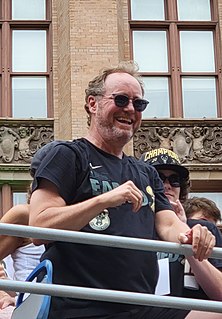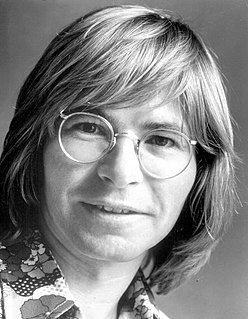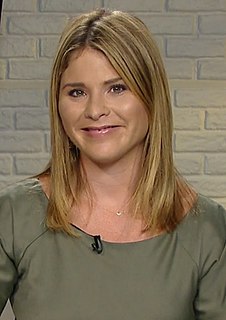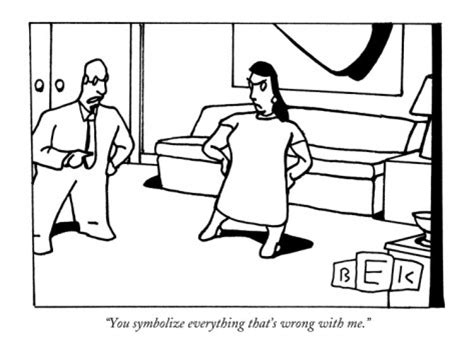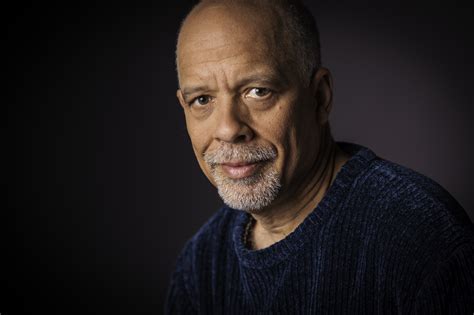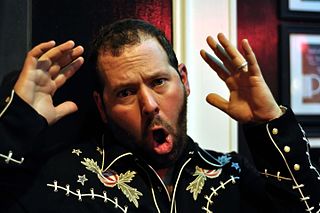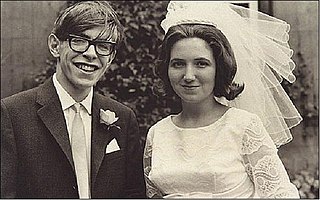A Quote by Sidney Poitier
My father was the quintessential husband and dad.
Quote Topics
Related Quotes
A lot of people don't realize this, but probably the one person that gets made fun of in 'South Park' more than anybody is my dad. Stan's father, Randy - my dad's name is Randy - that's my drawing of my dad; that's me doing my dad's voice. That is just my dad. Even Stan's last name, Marsh, was my dad's stepfather's name.
My husband lived in Lucknow. My father lived in Delhi, of course. So I shuttled between Delhi and Lucknow and...naturally, if my husband needed me on days when I was in Delhi, I ran back to Lucknow. But if it was my father who needed me, on the days when I was in Lucknow. And...yes, my husband got angry. And he quarreled. We quarreled. We quarreled a lot. It's true.




